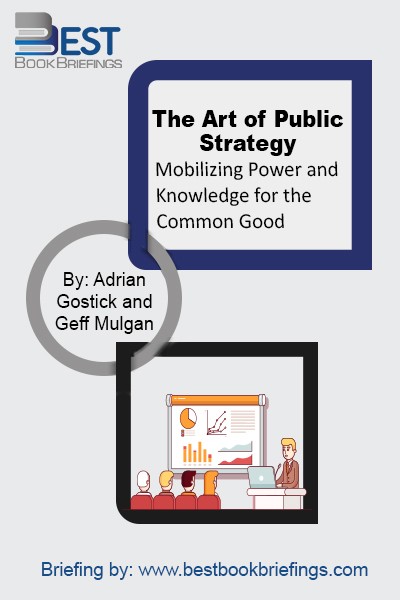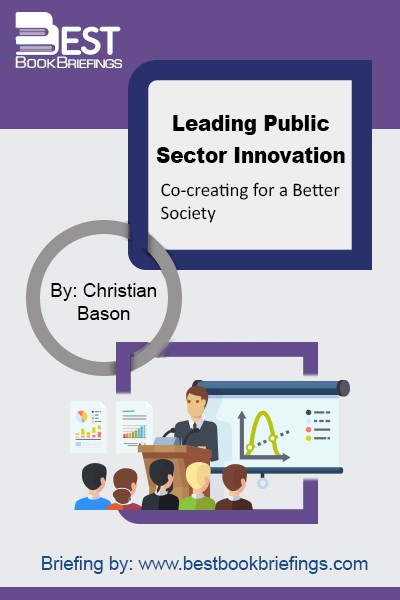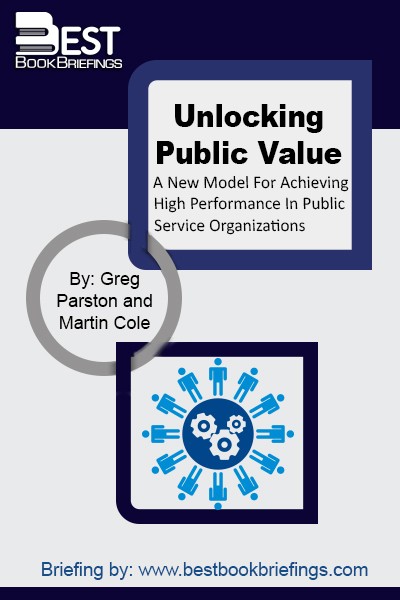The Effective Public Manager
Achieving Success in a Changing Government
Number of pages: 416
Publisher: Jossey-Bass
BBB Library: Personal Success, Operations Management, Politics and Public Affairs
ISBN: 978-0470282441
Editorial Review
The Effective Public Manager offers public administrators and students a classic resource and a highly-accessible guide to the fundamentals of leading and managing public organizations. The authors cover the key areas of the field and present in-depth analysis through the strategic use of fresh case studies and real-world examples. The book is designed to give real-world managers and aspiring managers the information and tools needed to meet the demands of their jobs directly rather than working around the constraints of government. The Effective Public Manager offers a proven approach to implementing efficient management tools in a dynamic political, organizational, economic, and technological context.
Book Reviews
Books on Related Topics

Every society needs a public sector to perform services that are critical to its interest that neither the private nor the nonprofit sectors want to handle. Since such operations are carried on at a great cost to its citizens, they request them to be conducted efficiently and effectively. Accordingly, the public

The strategies adopted by governments and public officials can have dramatic effects on people’ live. Packed with examples, and shaped by the author’s practical experience, the book shows that governments which give more weight to the long-term are not only more likely to leave their citizens richer, healthier, and safer; they’re

In a time of unprecedented turbulence, how can public sector organisations increase their ability to find innovative solutions to society's problems? Leading Public Sector Innovation shows how government agencies can use co-creation to overcome barriers and deliver more value, at lower cost, to citizens and business. Through inspiring global case studies

In Unlocking Public Value, Marty Cole and Greg Parston offer public services practitioners a unique tool to help them capture the mix of goals or outcomes, some reflecting local, some global, concerns, and measure performance in attaining these outcomes. Providing a framework and step-by-step process for defining these outcomes is one



